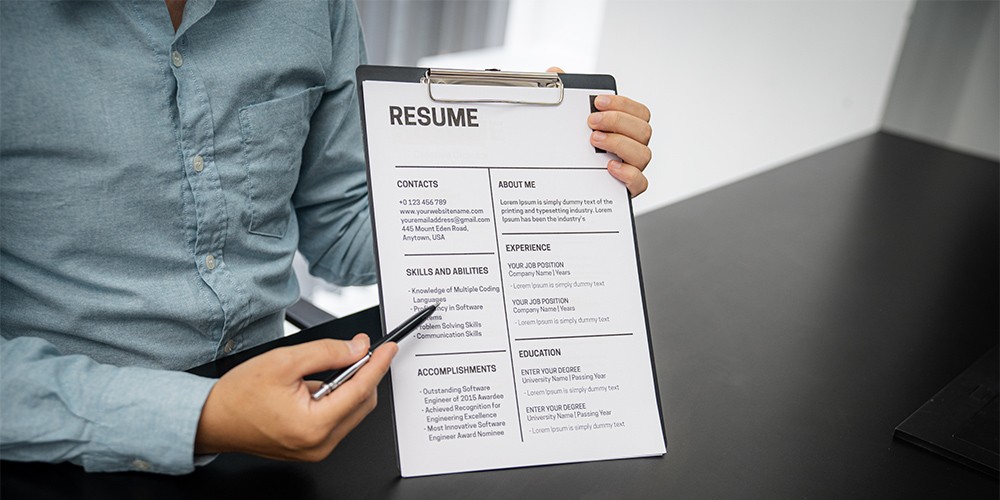
Resume Essentials: What Every Job Seeker Needs to Know
Title: Resume Essentials: What Every Job Seeker Needs to Know
Your resume is your personal marketing tool in the competitive job market. It’s the first glimpse potential employers have into your professional background, skills, and capabilities. Crafting a standout resume requires careful attention to detail and a strategic approach. Whether you’re a recent graduate entering the workforce or a seasoned professional looking for a career change, understanding the essentials of resume writing is crucial. Let’s explore what every job seeker needs to know to create a compelling resume that gets noticed.
1. Clear Formatting and Layout:
Your resume should have a clean and professional appearance. Use a simple, easy-to-read font and maintain consistent formatting throughout the document. Organize information logically, with clear headings and bullet points to make it easy for recruiters to scan.
2. Contact Information:
Ensure your contact information is prominently displayed at the top of your resume. Include your full name, phone number, email address, and LinkedIn profile (if applicable). Make it easy for recruiters to reach out to you for further consideration.
3. Strong Summary or Objective Statement:
Start your resume with a brief summary or objective statement that highlights your career goals and key qualifications. This section should grab the reader’s attention and provide a snapshot of your professional background and aspirations.
4. Relevant Work Experience:
List your work experience in reverse chronological order, starting with your most recent job. Include the company name, job title, dates of employment, and a brief description of your responsibilities and achievements for each role. Focus on relevant experiences that demonstrate your skills and accomplishments related to the job you’re applying for.
5. Education and Credentials:
Provide details of your educational background, including the name of the institution, degree earned, and graduation date. Mention any relevant certifications, licenses, or professional development courses that enhance your qualifications for the position.
6. Key Skills and Abilities:
Highlight your core skills and competencies that are relevant to the job. This may include technical skills, soft skills, languages, or specialized knowledge relevant to your field. Use keywords from the job description to ensure your resume gets noticed by applicant tracking systems (ATS).
7. Achievements and Accomplishments:
Quantify your achievements whenever possible to demonstrate the impact you’ve made in previous roles. Use specific metrics, such as percentages, dollar amounts, or project milestones, to illustrate your contributions and results.
8. Tailored to the Job Description:
Customize your resume for each job application by aligning your qualifications and experiences with the requirements of the job. Highlight the skills and experiences that are most relevant to the position to increase your chances of getting noticed by recruiters.
9. Proofread and Edit:
Before submitting your resume, carefully proofread it for spelling and grammatical errors. Ensure that all information is accurate and up-to-date. Consider asking a trusted friend, mentor, or professional contact to review your resume for feedback.
10. Keep it Concise:
Aim to keep your resume concise and focused on the most relevant information. Ideally, your resume should be no more than two pages long, with the most important details featured prominently on the first page.
By incorporating these essential elements into your resume, you can create a powerful document that effectively showcases your qualifications and experiences to potential employers. Remember to tailor your resume for each job application and continuously update it as your career progresses. With a well-crafted resume in hand, you’ll be better equipped to land interviews and advance your career goals.


